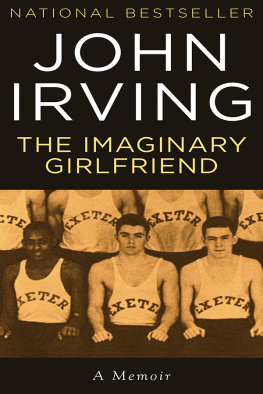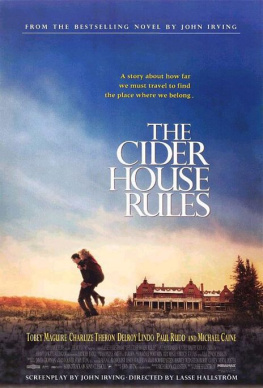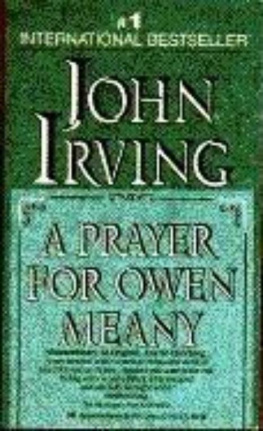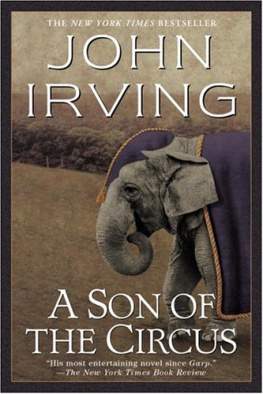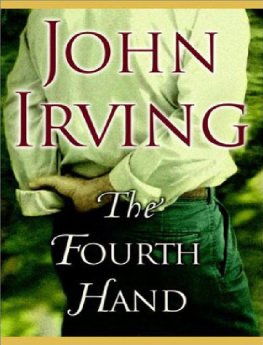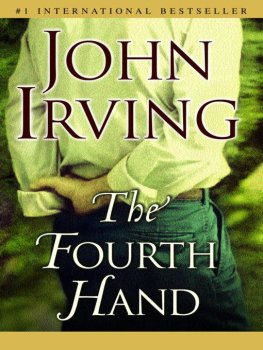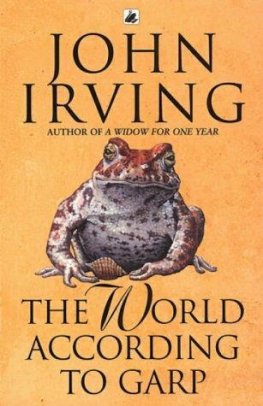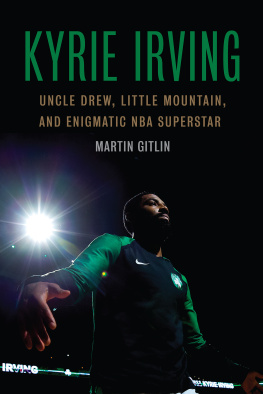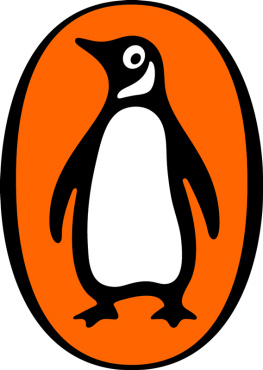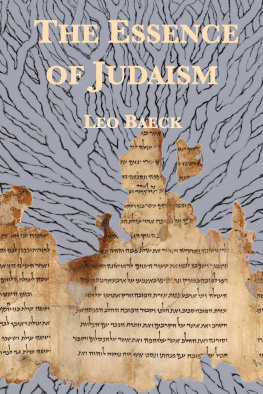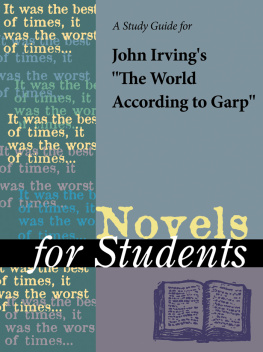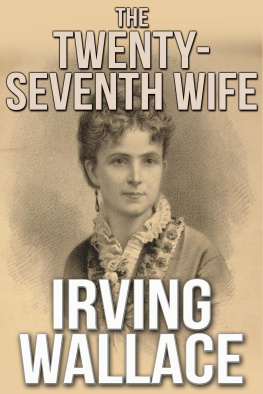A LSO BY J OHN I RVING
F ICTION
Setting Free the Bears
The Water-Method Man
The 158-Pound Marriage
The World According to Garp
The Hotel New Hampshire
The Cider House Rules
A Prayer for Owen Meany
A Son of the Circus
A Widow for One Year
The Fourth Hand
Until I Find You
Last Night in Twisted River
In One Person
S TORIES AND N ONFICTION
Trying to Save Piggy Sneed
N ONFICTION
My Movie Business
C HILDREN'S B OOK
A Sound Like Someone Trying Not to Make a Sound
Copyright 1996, 2014 by Garp Enterprises Ltd.
All Rights Reserved. No part of this book may be reproduced in any manner without the express written consent of the publisher, except in the case of brief excerpts in critical reviews or articles. All inquiries should be addressed to Arcade Publishing,307 West 36th Street, 11th Floor, New York, NY 10018.
A portion of The Imaginary Girlfriend first appeared in a fall 1995 issue of The New Yorker.
Arcade Publishing books may be purchased in bulk at special discounts for sales promotion, corporate gifts, fund-raising, or educational purposes. Special editions can also be created to specifications. For details, contact the Special Sales Department, Arcade Publishing, 307 West 36th Street, 11th Floor, New York, NY 10018 or .
Arcade Publishing is a registered trademark of Skyhorse Publishing, Inc., a Delaware corporation.
Visit our website at www.arcadepub.com.
10 9 8 7 6 5 4 3 2 1
Library of Congress Cataloging-in-Publication Data is available on file.
ISBN: 978-1-62872-412-7
Printed in the United States of America
IN MEMORY OF
Ted Seabrooke
Cliff Gallagher
Tom Williams
&
Don Hendrie, jr.
ACKNOWLEDGMENTS
Trying to Save Piggy Sneed first appeared in The New York Times Book Review (August 22, 1982).
A portion of The Imaginary Girlfriend first appeared in a fall 1995 issue of The New Yorker.
My Dinner at the White House first appeared in Saturday Night (February 1993).
Interior Space first appeared in Fiction (vol. 6, no. 2, 1980).
Brennbars Rant first appeared in Playboy (December 1974).
The Pension Grillparzer first appeared in Antaeus (Winter 1976).
Other Peoples Dreams first appeared in Last Nights Stranger: One Night Stands & Other Staples of Modern Life, edited by Pat Rotter, published by A & W publishers (1982).
Weary Kingdom first appeared in The Boston Review (Spring-Summer 1968).
Almost in Iowa first appeared in Esquire (November 1973).
The King of the Novel first appeared, in a much shorter form, in The New York Times Book Review (November 25, 1979); and in this form, as an Introduction to the Bantam Classic edition of Great Expectations (1986).
An Introduction to A Christmas Carol first appeared, under the title Their Faithful Friend and Servant and in a slightly different form, in The Globe and Mail (December 24, 1993); and in this form, in the Modern Library edition of A Christmas Carol (1995).
Gnter Grass: King of the Toy Merchants first appeared in Saturday Review (March 1982).
T HE IMAGINARY GIRLFRIEND

Faculty Brat
In my prep-school days, at Exeter, Creative Writing wasnt taughtthe essay was all-important therebut in my years at the academy I nevertheless wrote more short stories than anything else; I showed them (out of class) to George Bennett, my best friends father. The late Mr. Bennett was then Chairman of the English Department; he was my first critic and encouragerI needed his help. Because I failed both Latin and math, I was required to remain at the academy for an unprecedented fifth year; yet I qualified for a course called English 4Wthe W stood for Writing of the kind I wanted to doand in this selective gathering I was urged to be Creative, which I rarely managed to be.
In my memory, which is subject to doubt, the star author and most outspoken critic in English 4W was my wrestling teammate Chuck Krulak, who was also known as Brute and who would become General Charles C. Krulakthe Commandant of the Marine Corps and a member of the Joint Chiefs of Staff. No less a presence, and as sarcastic a critic as the future General Krulak, was my classmate in English 5, the future writer G. W. S. Trow; he was just plain George then, but he was as sharp as a ferretI feared his bite. It was only recently, when I was speaking with George, that he surprised me by saying hed been deeply unhappy at Exeter; George had always struck me as being too confident to be unhappywhereas my own state of mind at the time was one of perpetual embarrassment.
I could never have qualified for Exeter through normal admissions procedures; I was a weak studentas it turned out, I was dyslexic, but no one knew this at the time. Nevertheless, I was automatically admitted to the academy in the category of faculty child. My father taught in the History Department; hed majored in Slavic Languages and Literature at Harvardhe was the first to teach Russian History at Exeter. I initiated a heightened level of intrafamily awkwardness by enrolling in his Russian History course. Dad rewarded me with a C+.
To say that Exeter was hard for me is an understatement. I was the only student in my Genetics class who failed to control his fruit-fly experiment. The red eyes and the white eyes were interbreeding so rapidly that I lost track of the generations; I attempted to dispose of the evidence in the drinking fountain outside the labnot knowing that fruit flies could live (and breed) for days in the water pipes. When the unusable drinking fountain was declared contaminatedit was literally crawling with wet fruit fliesI crawled forth and made my confession.
I was forgiven by Mr. Mayo-Smith, the biologist who taught Genetics, because I was the only townie (a resident of Exeter) in any of his classes who owned a gun; the biologist needed memore specifically, he needed my gun. Boarding students, quite understandably, were not allowed firearms. But as a New Hampshire nativeLive Free or Die, as the license plates sayI had an arsenal of weapons at my disposal; the biologist used me as the marksman who provided his Introductory Biology class with pigeons. I used to shoot them off the roof of the biologists barn. Fortunately, Mr. Mayo-Smith lived some distance from town.
Yet even in my capacity as Mr. Mayo-Smiths marksman, I was a failure. He wanted the pigeons killed immediately after theyd eaten; that way the students who dissected them could examine the food contained in their crops. And so I allowed the pigeons to feed in the biologists cornfield. When I flushed them from the field, they were so stupid: they always flew to the roof of his barn. It was a slate roof; when I picked them offI used a 4X scope and a .22 long-rifle bullet, being careful not to shoot them in their cropsthey slid down one side of the roof or the other. One day, I shot a hole in the roof; after that, Mr. Mayo-Smith never let me forget how his barn leaked. The fruit flies in the drinking fountain were the schools problem, but I had shot the biologists very own barnPersonal property, and all that that entails, as my father was fond of saying in Russian History.
Shooting a hole in Mr. Mayo-Smiths barn was less humiliating than the years I spent in Language Therapy. At Exeter, poor spelling was unknownI mean that little was known about it. It was my dyslexia, of course, butbecause that diagnosis wasnt available in the late 1950s and early 60sbad spelling like mine was considered a psychological problem by the language therapist who evaluated my mysterious case. (The handicap of a language disability did not make my struggles at the academy any easier.) When the repeated courses of Language Therapy were judged to have had no discernible influence on my ability to recognize the difference between allegory and allergy, I was turned over to the school psychiatrist.
Next page
